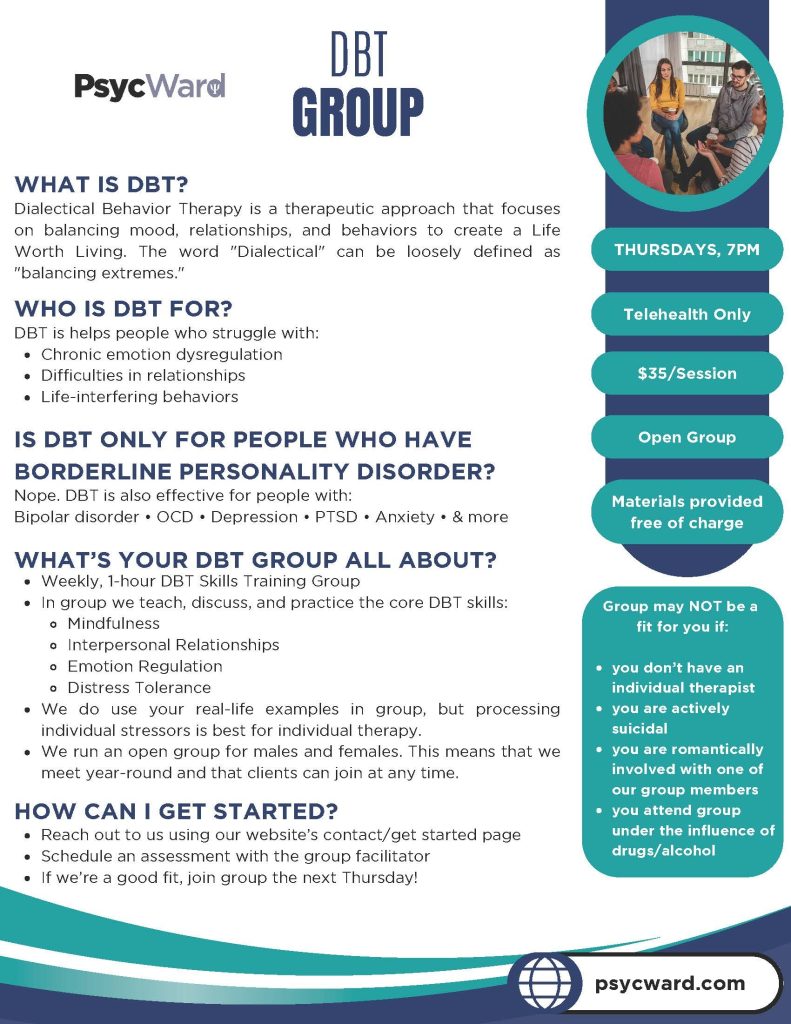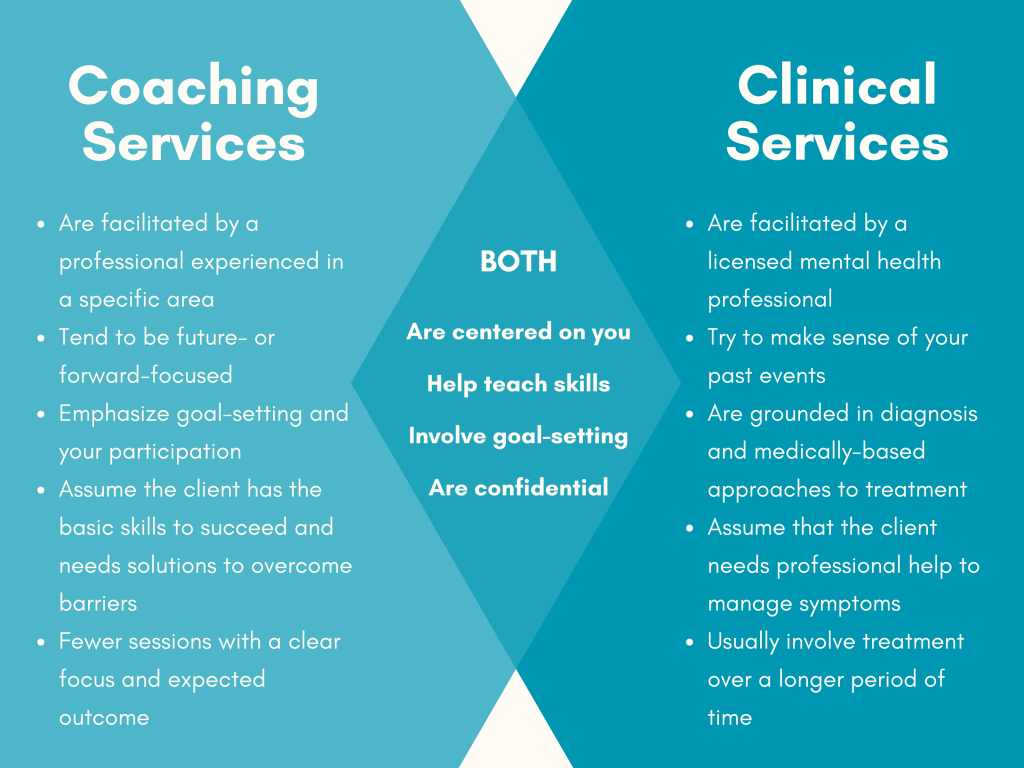Do Men Need Support?
By Dr. Eric Ward
“You have a kidney disease that may eventually kill you someday. You’re going to need a lot of help over the next several years. What kind of a support system do you have?”
Twenty or so years ago, I went to the doctor for an annual physical and ended up diagnosed with an autoimmune kidney disorder. I was told that the disease would slowly progress, and eventually I would require dialysis and possibly a transplant. And that’s exactly what happened.
Kidney disease is an insidious thing; there aren’t a lot of warning signs. The buildup of toxins in your system causes, in the later stages, severe fatigue and nausea. Over the last several years, finding the energy to meet my work responsibilities and support my family and home was challenging at best. I hid it well; a lot of people later said “Oh, I never even knew you were sick.” But I was struggling. At the beginning of 2020, my condition was at its worst. I began the process of evaluation for transplant – a journey that included every imaginable lab test, CT, MRI, X-ray, and more. My least favorite experience was the “take your shirt off and jog on this treadmill in front of much younger, more-attractive-than-you young professionals” test; guaranteed, if nothing else, to convince you to try to lose weight and get in shape! At one point late in 2020, my wife Kelly, a nurse, called my doctor and said “Enough. Get him on dialysis.”
I was one of the fortunate ones. I was approved in the fall of 2020 for transplant. When we reached out to family and friends, so many people signed up to be screened for donating that the coordinator at the transplant center called us and told us to stop asking people; they were having trouble keeping up with the number of family, friends, and even relative strangers calling to donate a kidney. And, late in 2020, my cousin Laura was approved as a donor. At the end of February 2021 – a remarkably fast timeline – I had transplant surgery with a kidney that started working immediately, in the operating room! I can’t say enough good things about the transplant team at the University of Wisconsin Hospital in Madison. My transplant coordinator, Kym, has been a godsend; keeping me on track, educating me along the way, laughing at my not-so-funny jokes, and making sure all the doctors are on the same page. It hasn’t been all sunshine and roses since then; there are periods where I’ve felt great, and some where I’ve been less than good. But every day has been light years ahead of how I felt before transplant.
As fortunate as I have been to be the recipient of a donated kidney, I have been similarly blessed with an incredible support system. I have coworkers who have picked up the slack when I’ve had to take time off, or on those days when I’ve been at less than my best. People from our church dropped off meals (both a blessing and a hard pill for me to swallow, given my love for cooking). My close friends call or text just to check in with me – sometimes offering a compassionate shoulder, and (more often) jokingly “encouraging” me to stop slacking and get back to work. Most importantly, Kelly has spent countless hours attending appointments, sitting in hospital rooms, and fighting with insurance companies. My healthcare journey has been so much easier and more successful because of all of these people.
In the mental health field, we talk a lot about the importance of support systems. People who struggle with their mental health absolutely need a close, reliable group of people they can lean on when symptoms are worse, they’re struggling to get through some days, and especially when depression and anxiety lead to thoughts of self-harm. Our clients who have a strong support system weather those tough periods with far more success than those who don’t have their own “tribe.” Their overall treatment outcomes are better, and they spend less time in treatment than their less-supported counterparts.
A support system can look like a lot of things – family, friends, counselors, clubs, religious organizations, even a local crisis hotline. A strong support system can help you: keep track of your treatment appointments, communicate effectively with your provider team, solve problems by listening to and talking with you, get help with day-to-day needs, and find information and services you need. If you’re just getting started developing your personal support system, it might help to: make a list of things others can help you with and make a list of people who might be able to help and provide support. Keep a list of who has agreed to help and with what, and share that information with your support team (including a therapist/counselor/caseworker if you have one). It’s a great idea for each member of your support system to know who the other “team members” are – both for your benefit and to help make sure they don’t feel alone in supporting you and develop “helper fatigue.”
Support systems don’t just matter in a treatment setting; they matter in life. Dealing with the death of a loved one or the loss of a job. Trying to figure out how to resolve the latest conflict with your spouse. Doing everything you can to not lose your mind as your defiant child moves into those not-so-enjoyable teenage years. A support system helps get us through all of these life challenges and more.








